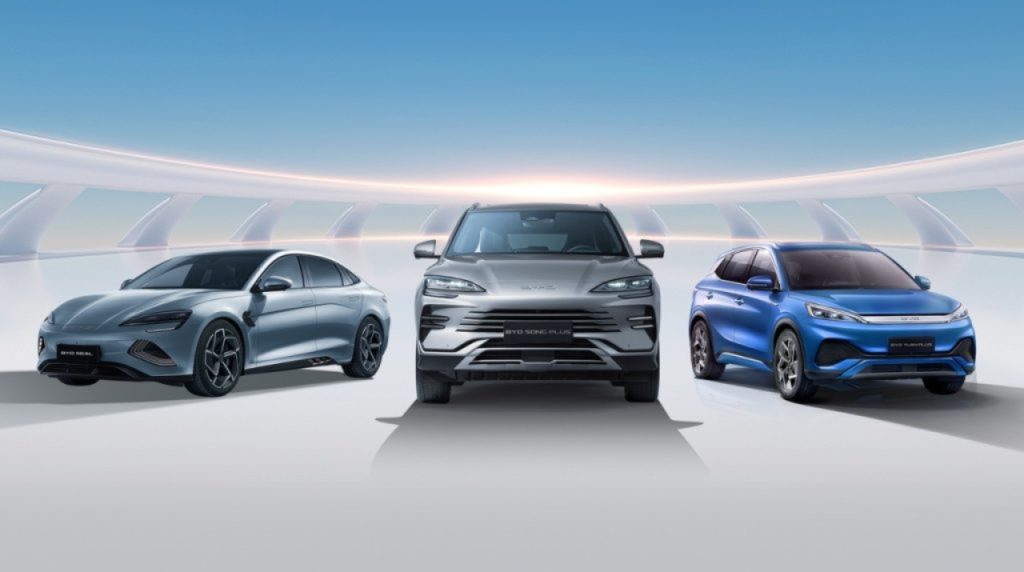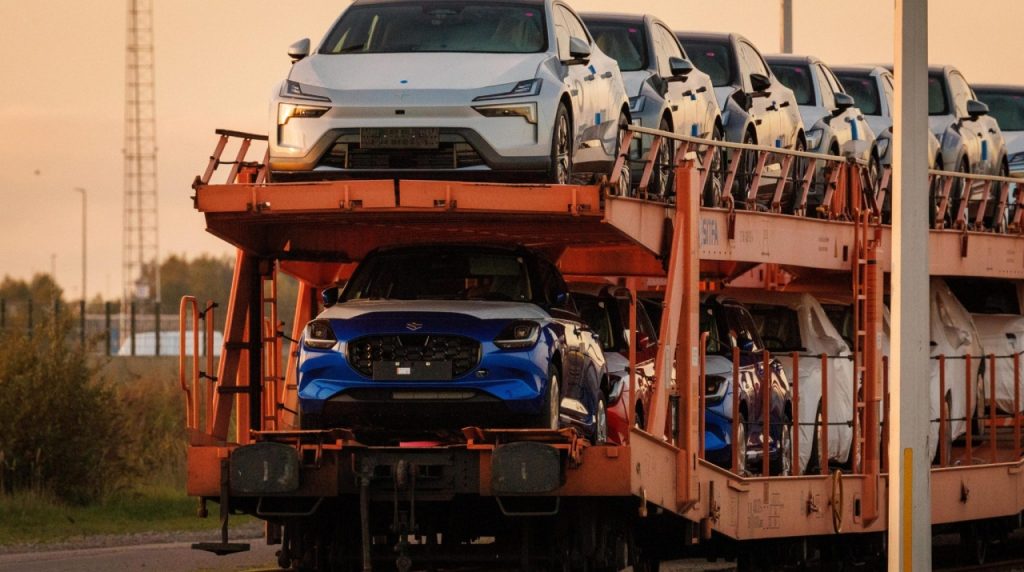
EU Tariffs on Chinese Electric Vehicles Come into Effect

The European Union (EU) has imposed a tariff of up to 35.3% on battery-powered electric vehicles from China.
This measure, which recently came into force, aims to level the playing field in the European automotive market against competition from Chinese manufacturers who, according to Brussels, benefit from illegal subsidies provided by the Beijing government.
The decision followed weeks of investigation that concluded these subsidies allowed Chinese manufacturers to produce at significantly lower costs than their European counterparts, threatening the competitiveness of the EU’s automotive industry.
The tariff is intended to offset this cost gap and protect European manufacturers from potential unfair competition, according to the European Union.
Related content: VEMO announces alliance with Chinese firm GAC Motor

Brussels emphasized that such subsidies impact the long-term viability of Europe’s energy transition, as many local companies have heavily invested in the production of electric vehicles and sustainable technologies.
New Tariffs
The new tariffs aim to ensure fair market conditions so that European products can compete on equal footing.
After completing the formal process, these new tariffs—on top of the 10% already imposed by the EU on automobile imports—increase tariffs up to 45.3% for certain manufacturers and came into effect last Wednesday.
Finally, Brussels reiterates that technical dialogue with the Chinese authorities remains open regarding price-related commitments, with the goal of finding an “alternative” solution.





